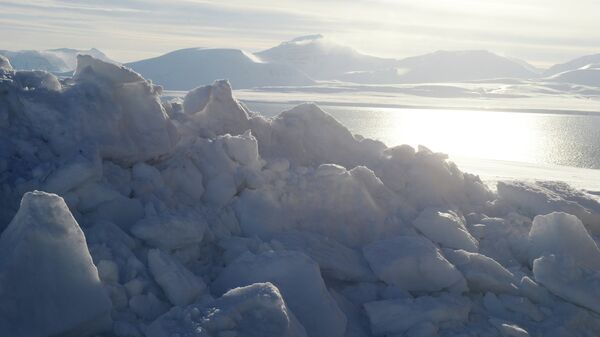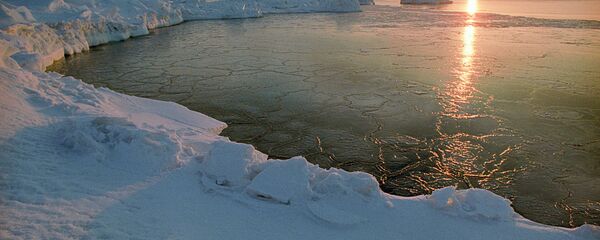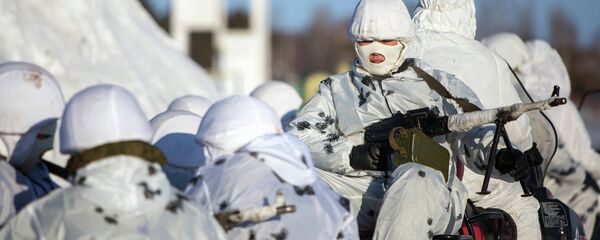Expedition ‘Kara-Winter 2015’, organized by the Russian oil giant Rosneft, left from the city of Murmansk, Russia, for the study of surface ice in the Arctic, accompanied by the icebreaker Yamal.
“This expedition is larger than the previous ones in terms of number of participants and by type of activity. There are fifty-two expedition members on board including pilots. In addition to standard work, which is the study of icebergs and ice ridges there will be aerial photography with the help of unmanned aerial vehicles, underwater shooting with TV lander ‘Gnom’ and radar imaging of the ice," said the Deputy Head of the expedition Andrei Tyuryakov.
He noted that the study of ice is vital as icebergs are the most dangerous thing in the Arctic. Icebergs pose a threat to the engineering infrastructure that Rosneft plans to install.
The expedition will last 55 days and by the early June the expedition members should return to Murmansk. The resulting data from the expedition may help reduce costs and minimize installation risks. The full review report of the expedition will be ready by the end of 2015 or beginning of 2016.




